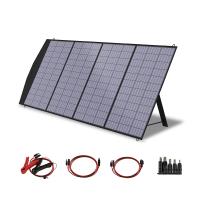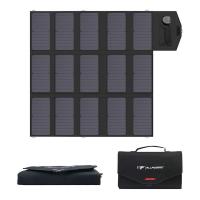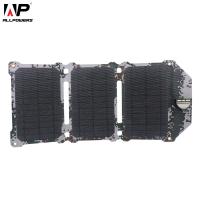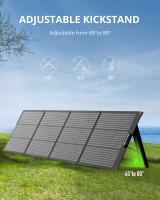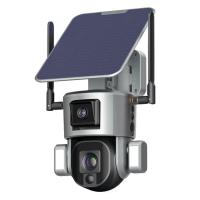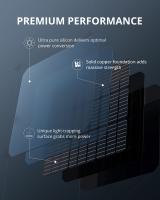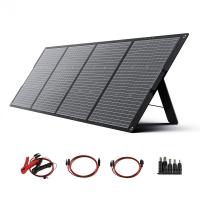How Much Does A Solar Panel Weight?
When considering the installation of solar panels, one of the key factors that often comes up is the weight of the panels. This is an important consideration for several reasons, including the structural integrity of the roof, ease of installation, and overall system design. In this article, we will delve into the various aspects of solar panel weight, including the factors that influence it, typical weights for different types of panels, and practical considerations for homeowners and installers.
Understanding Solar Panel Weight

Solar panels come in various sizes and types, and their weight can vary significantly based on several factors. The primary components that contribute to the weight of a solar panel include the photovoltaic cells, the frame, the glass cover, and the backing material. Let's break down these components:
1. Photovoltaic Cells: These are the core components that convert sunlight into electricity. They are typically made from silicon, which is relatively lightweight but can add up when used in large quantities.
2. Frame: The frame is usually made of aluminum, which provides structural support and protection for the cells. Aluminum is chosen for its strength-to-weight ratio, but it still adds to the overall weight.
3. Glass Cover: The glass cover protects the cells from environmental factors like rain, hail, and debris. This is often the heaviest component of the panel, as it needs to be thick enough to provide adequate protection.
4. Backing Material: The backing material, often made of a polymer or metal, provides additional support and protection for the cells.
Typical Weights of Solar Panels

The weight of a solar panel can vary based on its size, type, and manufacturer. However, we can provide some general guidelines:
1. Standard Residential Panels: These panels typically measure around 65 inches by 39 inches and weigh between 40 to 50 pounds (18 to 23 kilograms). This size is common for residential installations and provides a good balance between power output and ease of handling.
2. Commercial Panels: Commercial solar panels are usually larger, measuring around 77 inches by 39 inches. They can weigh between 50 to 60 pounds (23 to 27 kilograms). These panels are designed for larger installations and can generate more power per panel.
3. Thin-Film Panels: Thin-film solar panels are lighter than traditional silicon panels. They can weigh as little as 20 pounds (9 kilograms) for a panel of similar size. However, they are generally less efficient, meaning more panels are needed to generate the same amount of power.
Factors Influencing Solar Panel Weight
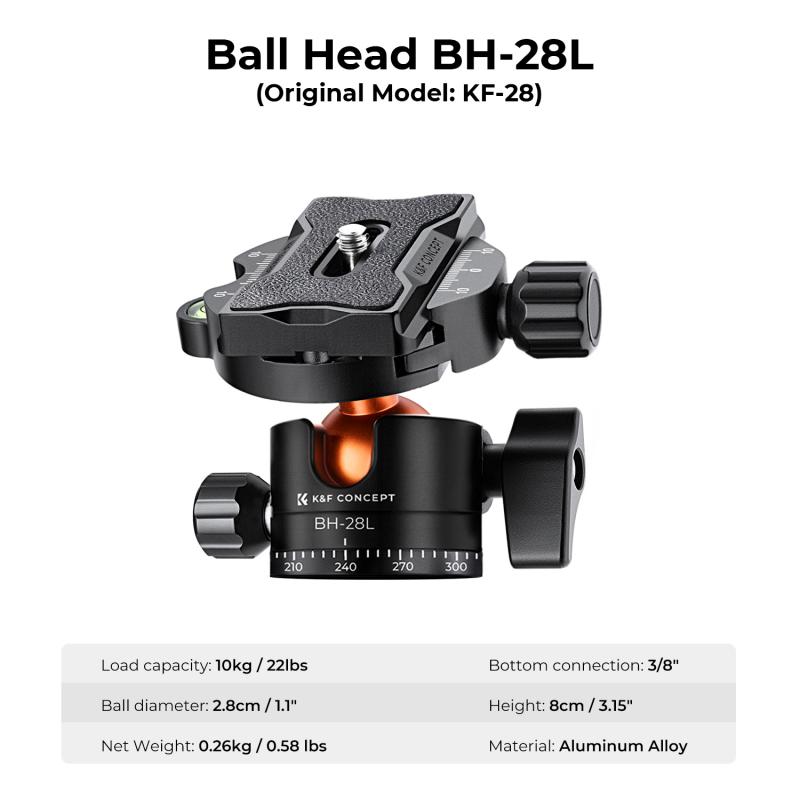
Several factors can influence the weight of a solar panel, including:
1. Type of Solar Cells: Monocrystalline panels tend to be slightly heavier than polycrystalline panels due to the higher purity of silicon used. Thin-film panels are the lightest but are less efficient.
2. Frame Material: While most frames are made of aluminum, some manufacturers may use different materials that can affect the weight. For example, steel frames are heavier but offer more durability.
3. Glass Thickness: The thickness of the glass cover can vary. Thicker glass provides better protection but also adds more weight.
4. Panel Size: Larger panels will naturally weigh more due to the increased amount of materials used.
Practical Considerations for Homeowners and Installers
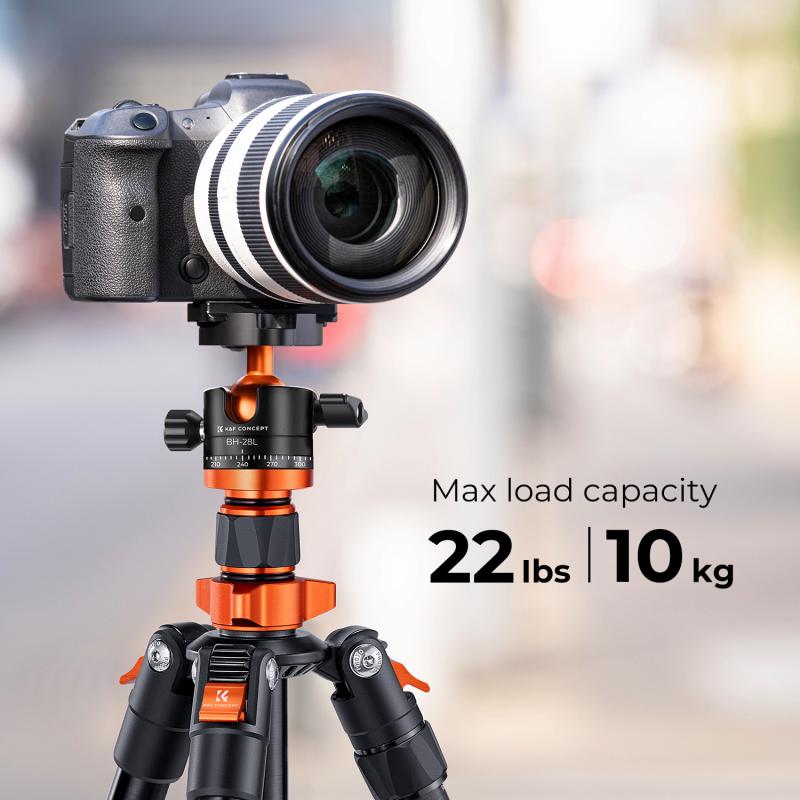
Understanding the weight of solar panels is crucial for both homeowners and installers. Here are some practical considerations:
1. Roof Load Capacity: Before installing solar panels, it's essential to ensure that your roof can support the additional weight. Most residential roofs can handle the weight of solar panels, but it's always a good idea to consult with a structural engineer, especially if you have an older home or a roof with a unique design.
2. Installation Process: Heavier panels can be more challenging to install, requiring more manpower and potentially more robust mounting systems. This can increase the overall cost and time required for installation.
3. Transportation and Handling: The weight of the panels also affects transportation and handling. Lighter panels are easier to transport and handle, reducing the risk of damage during these processes.
4. Wind and Weather Resistance: Heavier panels may offer better resistance to wind and weather conditions due to their sturdier construction. However, this is not always the case, and other factors like mounting systems and installation quality also play a significant role.
The weight of a solar panel is an important consideration that can impact various aspects of a solar installation project. By understanding the factors that influence panel weight and the typical weights of different types of panels, homeowners and installers can make informed decisions that ensure the safety, efficiency, and longevity of their solar energy systems.
Whether you are a homeowner looking to install solar panels on your roof or a professional installer planning a large-scale commercial project, taking the time to consider the weight of the panels can help you avoid potential issues and optimize the performance of your solar energy system. With the right knowledge and planning, you can harness the power of the sun to generate clean, renewable energy for years to come.






